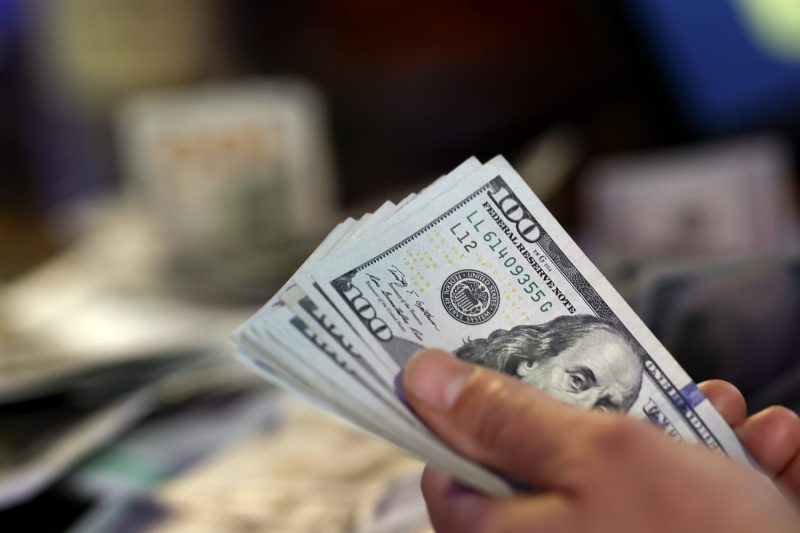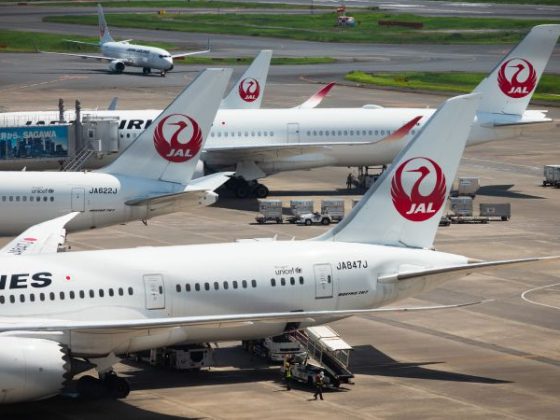As investors face economic uncertainty, financial advisors have guidelines for how much cash they should have set aside.
Despite second-quarter economic growth, nearly 60% of Americans wrongly think the U.S. is currently in a recession, according to a June survey of 2,000 adults from Affirm.
While Goldman Sachs and JP Morgan raised recession forecasts in August, other experts still expect an economic “soft landing,” meaning the Federal Reserve’s policy won’t cause a downturn.
Meanwhile, inflation continues to ease, but a weaker-than-expected jobs report for July triggered stock market volatility last week.
Amid the uncertainty, nearly 60% of Americans aren’t comfortable with their level of emergency savings, up from 48% in 2021, according to an annual Bankrate survey that polled more than 1,000 U.S. adults in May.
As of the polling, some 27% of those surveyed had no emergency savings — the highest percentage since 2020, Bankrate found.
Regardless of the economic climate, investors need emergency savings to cover expenses in the event of a job loss or other unexpected bills. Here’s how much cash to set aside, according to financial advisors.
Double-income families should aim to save at least three months of living expenses, according to certified financial planner Greg Giardino, vice president of Wealth Enhancement Group in Oakland, New Jersey.
However, you could adjust that guideline “depending on the reliability of those income sources,” he said. For example, commissioned workers with unpredictable cash flow may need more than tenured professors.
Building that level of cash reserves isn’t easy. Only 44% of Americans have three months of expenses saved for emergencies, according to Bankrate’s survey.
Generally, single individuals or families with a single income should save at least six months of expenses, experts say.
But higher levels of cash reserves could offer more flexibility when faced with a job loss or economic downturn.
Douglas Boneparth, a CFP and president of Bone Fide Wealth in New York, prefers six to nine months of savings for single earners.
“I’ve never come across someone who was upset that they had a little bit more cash than they needed,” said Boneparth, who is also a member of CNBC’s Financial Advisor Council.
Boston-based CFP and enrolled agent Catherine Valega, founder of Green Bee Advisory, said she is “more conservative than most other advisors” and recommends 12 to 18 months of living expenses in “safe, liquid investments” for single earners.
Although the Federal Reserve could start cutting interest rates in September, investors still have “high-yield savings opportunities,” she added.
Entrepreneurs: Keep up to one year of expenses
With unsteady income, entrepreneurs or small business owners could also benefit from higher levels of savings — eight to 12 months of expenses, according to Giardino of Wealth Enhancement Group.
Of course, the exact amount for emergency savings depends on your unique circumstances and your family’s needs.


